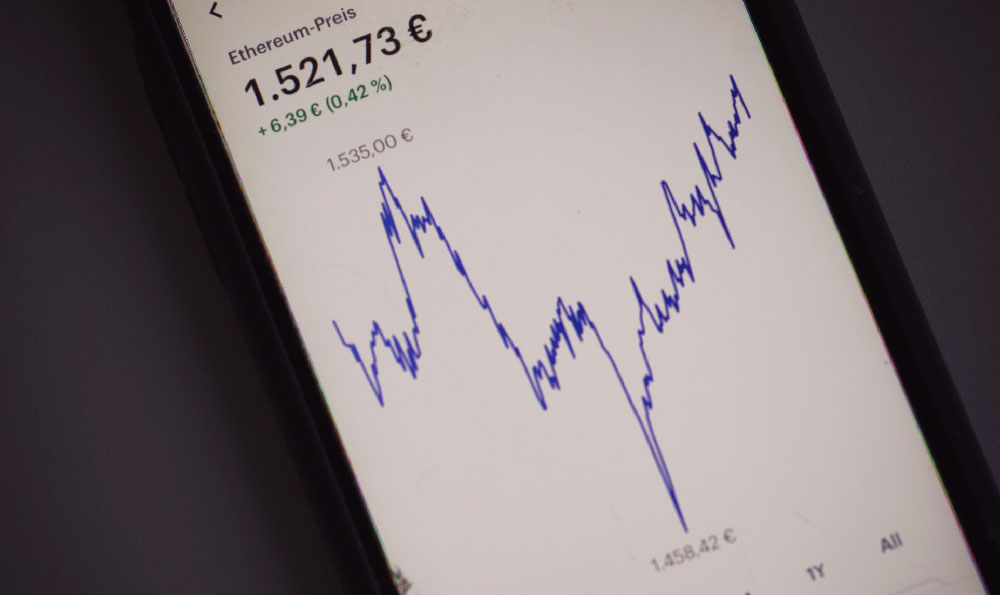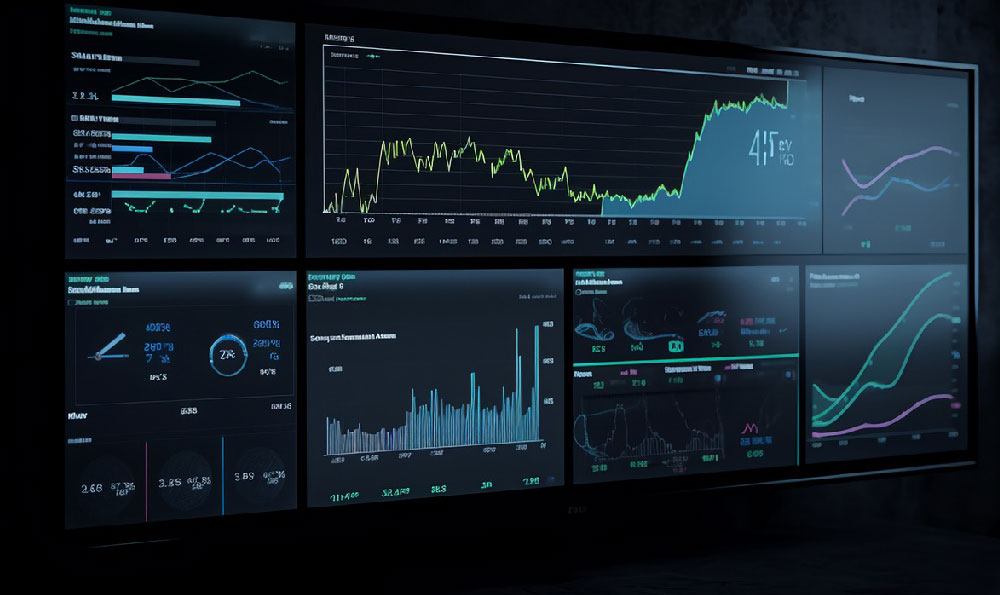Okay, I understand. Here's an article exploring the income streams of bodybuilders, written in a comprehensive style, avoiding excessive bullet points and numbered lists, and without explicitly repeating the title:
The sculpted physique, rippling muscles, and unwavering dedication of a bodybuilder often inspire awe and admiration. However, behind the perfectly posed photos and intense training sessions lies a critical question: how do these athletes actually make a living? The world of professional bodybuilding, while seemingly glamorous, presents a complex financial landscape. Relying solely on competition winnings is rarely sustainable for the vast majority. Instead, successful bodybuilders typically cultivate a diverse range of income streams, strategically leveraging their physical prowess and brand.
One of the most obvious, yet also most challenging, sources of income is competitive prize money. Professional bodybuilding competitions, particularly those sanctioned by major organizations like the IFBB (International Federation of Bodybuilding and Fitness), offer substantial payouts to top finishers. Events like the Mr. Olympia, the Arnold Classic, and others can award tens or even hundreds of thousands of dollars to the winners. However, these lucrative prizes are reserved for an elite few. The vast majority of competitors, even those at a professional level, may only recoup their expenses or earn a modest sum. Entry fees, travel costs, accommodation, specialized diets, and coaching all contribute to the significant financial burden of competing. Therefore, relying solely on competition winnings as a primary income source is an extremely risky and often unrealistic strategy. The bodybuilding world is competitive in every sense of the word.

Beyond the competitive stage, endorsement deals play a crucial role in the financial stability of many bodybuilders. Supplement companies, fitness apparel brands, and even food manufacturers often seek out bodybuilders to represent their products. These endorsements can range from sponsored posts on social media to long-term contracts involving appearances at trade shows and promotional events. The value of an endorsement deal depends on several factors, including the bodybuilder's competitive success, social media following, and overall marketability. A bodybuilder with a strong personal brand, a large and engaged audience, and a proven track record of success is far more likely to attract lucrative endorsement opportunities. Securing these deals requires careful negotiation and a keen understanding of marketing principles. Building a genuine connection with an audience and maintaining a positive image are essential for long-term success in this arena.
The rise of online platforms has opened up new avenues for bodybuilders to generate income. Online coaching, for instance, has become a highly sought-after service. Many bodybuilders leverage their knowledge and experience to create customized training and nutrition plans for clients around the world. They can conduct virtual consultations, provide personalized feedback, and track client progress remotely. This allows them to reach a wider audience and create a more consistent revenue stream. Platforms like YouTube and Instagram also provide opportunities for monetization. Bodybuilders can create content showcasing their training routines, diet strategies, and lifestyle tips. Through advertising revenue, sponsored content, and affiliate marketing, they can generate income from their online presence. The key to success in this space is to consistently create high-quality, engaging content that provides value to viewers and followers. Building a strong online community and fostering genuine relationships with fans are also crucial for long-term growth.
Another increasingly common income stream is the sale of personalized merchandise. Bodybuilders can create and sell branded apparel, accessories, and even nutritional products. This allows them to capitalize on their personal brand and generate revenue directly from their fanbase. The merchandise can be sold through online stores, at competitions, or even at fitness expos. The profitability of this approach depends on the quality of the merchandise, the effectiveness of the marketing efforts, and the strength of the bodybuilder's brand. It's important to choose products that align with the bodybuilder's image and appeal to their target audience.
Furthermore, some bodybuilders transition into related fields, leveraging their expertise to pursue careers as personal trainers, gym owners, or nutrition consultants. Their experience as competitive athletes provides them with a unique understanding of the human body and the demands of intense training. This knowledge can be invaluable in helping others achieve their fitness goals. Opening a gym or fitness studio allows them to create a space where they can share their passion for fitness and build a community of like-minded individuals. Consulting with individuals on their nutrition can generate a stable income and helps them leverage their knowledge of diet.
In conclusion, while the life of a bodybuilder may appear to be solely focused on physical perfection, it's also a constant hustle to build a sustainable financial foundation. It's rare to see a bodybuilder living comfortably solely on competition winnings. The successful bodybuilder understands the importance of diversifying their income streams and leveraging their personal brand to create multiple revenue-generating opportunities. This requires a combination of athletic ability, business acumen, marketing savvy, and a relentless work ethic. It's not just about building muscle; it's about building a business. The future of bodybuilding as a viable career path depends on the ability of athletes to adapt to the evolving landscape of fitness and media and to embrace new opportunities for monetization.












